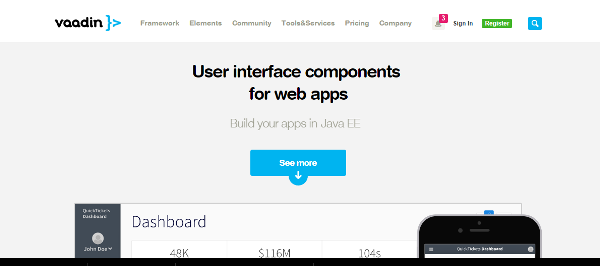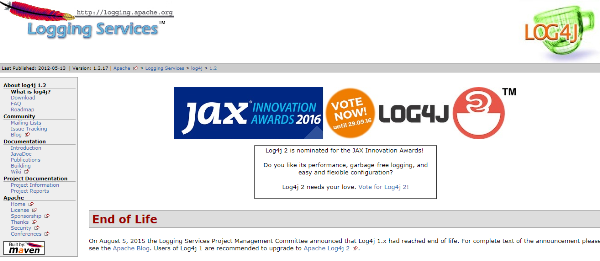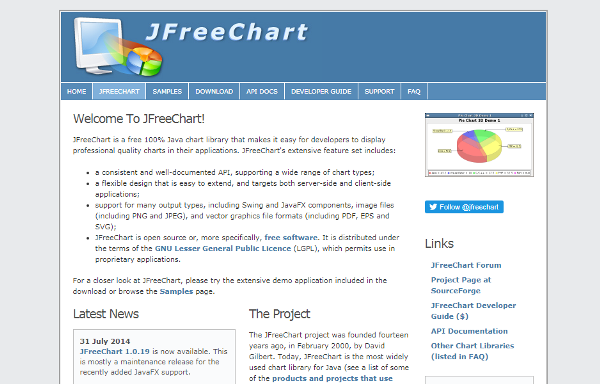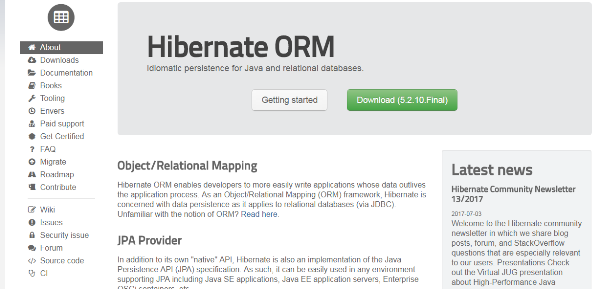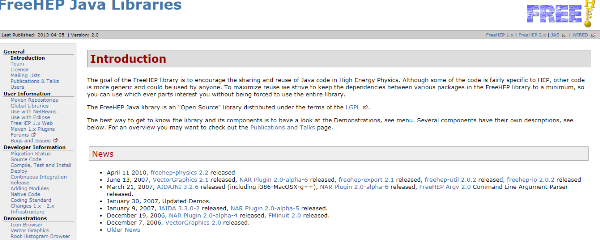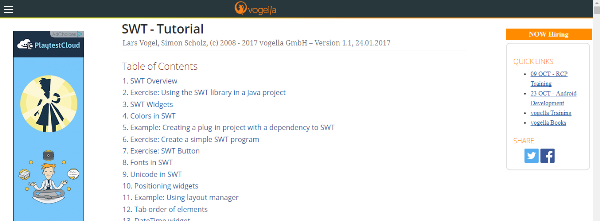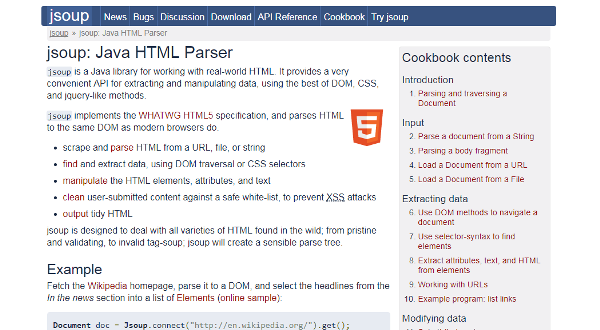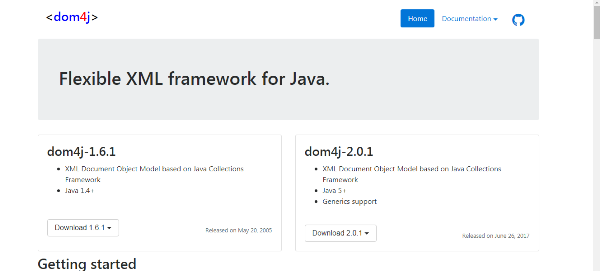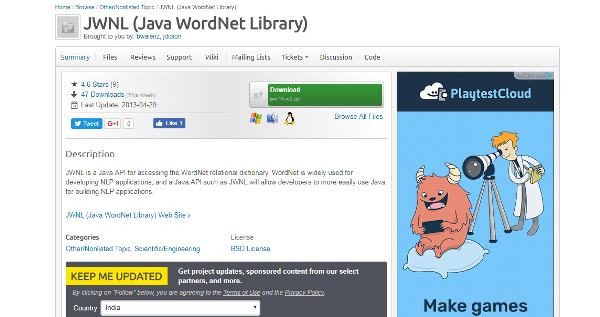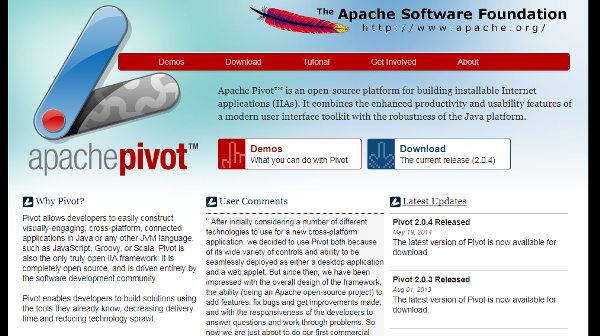As being a programmer, it is very important of having the knowledge of java language ind its proper usage. This programming language is widely accepted by many PC and mobile platforms for building software applications and web pages. At the initial stage of its introduction, it was difficult to understand and implement it. But now with the help of various libraries, it has become possible to use java script effectively. Some of them are officially availed by sun Microsystems while others by third party developers. The third-party java libraries are also as productive as official plugins or even much better in some cases.
As it is clear that Java programming language has a wide usage, so it is obvious that the number of libraries will also be very huge. Most of these libraries are open source so anyone can download them and use for free of cost. You can use them to simplify most of the programming issues with complications. For various activities like mathematical equations or creating widgets etc. there are different Third-Party Java Libraries containing plugins. All you need is to identify that which one is suitable for your project. Below article will guide you to make a decision:-
11 Useful Third-Party Java Libraries:
Vaadin framework allows you to build great single page web apps quite faster than any other user interface framework. No plugins required, it is easily accessible with the help of a browser. There is no need of markup languages or JavaScript. Vaadin UI code is encrypted in JVM.
Runtime logging is possible with the help of Apache log4j. There is no need to modify the application binary. By editing a configuration file, You can control logging behavior and there is no need to touch the application binary too. This kind of Third-Party Java Libraries also helps in reducing the cost of logging.
JFreeChart is a free of cost Java chart that comes in Third-Party Java Libraries. It allows developers to display charts in their applications. This chart supports a wide range of char types. It is a flexible design that supports both client and server side applications. JFreeChart is an open source or free software.
Hibernate ORM helps the developer to write applications more easily. It helps in data persistence. Hibernate provides superior performance and it scales well in any environment. It is highly reliable and well known for its stability.
FreeHep library focuses on reuse and sharing of java code. This is an open source library provided by LGPL. Few codes are specific to HEP while the others are generic. Any one can use generic codes without any copyright issue. To maximize reuse, we use the part of interest instead of using the whole library.
Google guava contains Google’s core libraries that we need in our Java projects. It includes collection types, immutable collections, functional types, hashing, primitives, reflection and string processing etc. The main flavor requires JDK 1.8 or higher. For JDK 1.7 or Android, use the Android flavor.
Standard Widget Toolkit is an open source. It provides easy access to the user interface facilities. SWT is a graphical widget toolkit having high performance, faster and lighter toolkit. It requires manual object de-allocation. This toolkit supports writing new widgets using Java code.
It is also an open source project just like SWT and developers use it for working with real-world HTML. JSoup provides API for extracting and manipulating data, with the help of DOM, CSS and jQuery-like methods. It deals with all types of HTML. JSoup creates a sensible parse tree.
Dom4j is among the very flexible Third-Party Java Libraries XML framework for Java. There are two versions for Dom4j, Dom4j-1.6.1 and Dom4j-2.0.1. Parsing an XML document is very easy in Dom4j. One can use fast looping method which avoids the cost of iterator.
-
JAVA WORDNET LIBRARY:
You can use Java WordNet Library for accessing the WordNet rational dictionary. Developers also implement it for developing NLP applications, and JWNL allows developers easily use Java for building NLP applications. Developers basically use it for creating and updating dictionaries in WordNet format. Using JWNL is very simple. JWNL properties file is an XML file, validation of which is done by DTD or XSD.
Apache Pivot is an open source interface for building productive web applications in Java language. You can divide its classes into different categories such as Core classes, WTK classes, Web classes, tools and charts. Pilot is among the Third-Party Java Libraries, that allows developers to construct connected applications in Java. Pilot is the only open IIA framework. It helps in building the solutions using the known tools. It is completely open source, so anyone can use it or customize according to their requirement.


